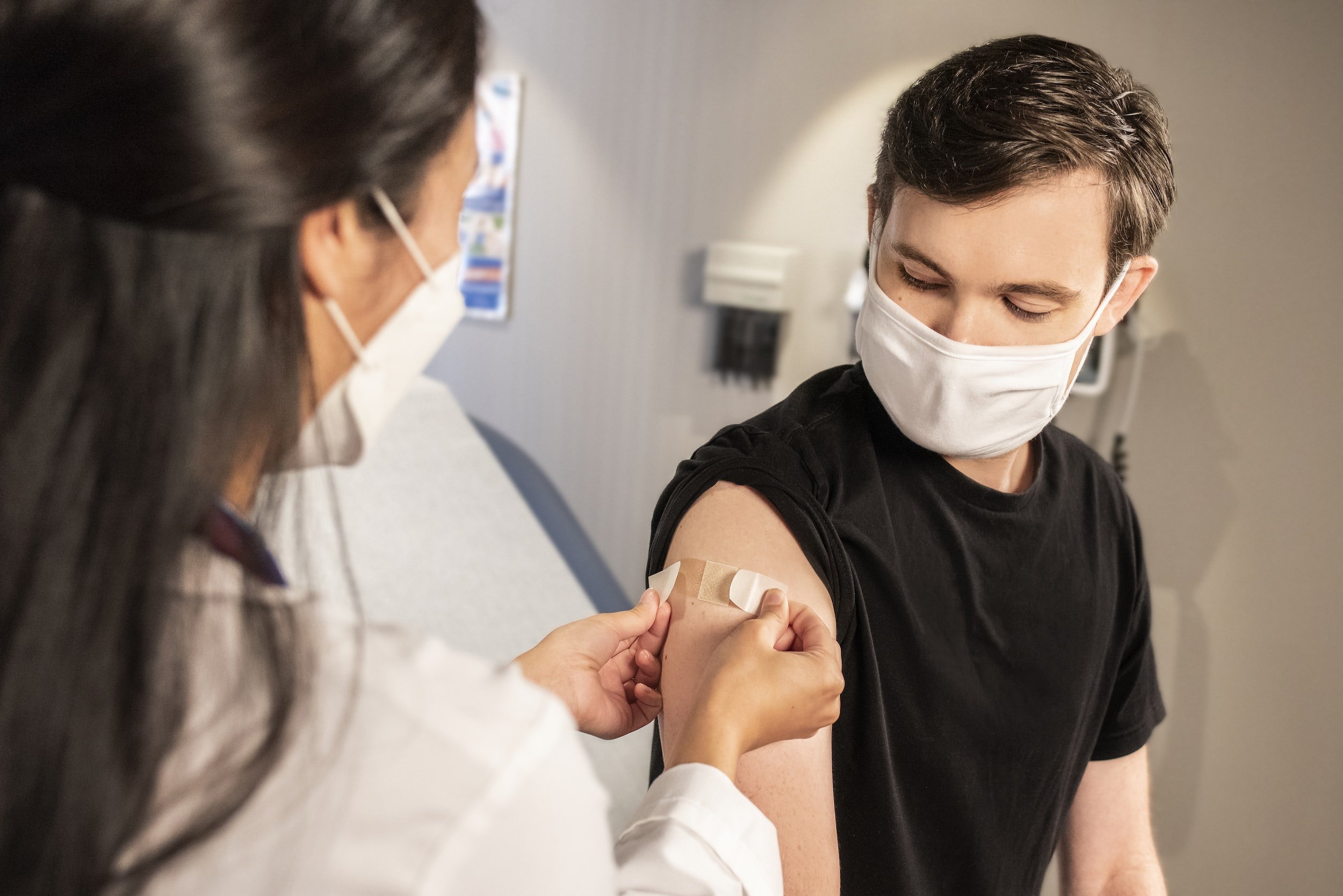
Explore our
clinical trials
Discover opportunities to access innovative treatments and contribute to advancing medical research. Explore our clinical trials to find the right fit for you and join us in shaping the future of healthcare.
Our Current Studies
Metabolic Studies:
Neurology Studies:
Dermatology Studies:
Rheumatology Studies:
Women’s Health Studies:

Not sure where to start?
A guide to clinical trials
Step 1
Find a Trial – Browse our website or ask your doctor about available studies. Sign up using our simple form.
Step 2
Pre-Screening – We review your medical history to see if you're a good fit. If eligible, we invite you for an in-person screening.
Step 3
Consent & Check-Up – After reviewing the study details, you sign a consent form. Then, you get a health check to confirm participation.
Step 4
Participation – You follow the treatment plan, attend check-ins, and may receive compensation for visits.
Step 5
Support & Follow-Up – We're with you every step of the way. At the end, we send a summary to your doctor.
Frequently asked questions
-
A research study involving human volunteer participants that is intended to add to medical knowledge. Participants are assigned to groups that receive one or more intervention/treatment (or no intervention) so that researchers can evaluate the effects of the interventions on biomedical or health-related outcomes. The assignments are determined by the study’s protocol. Participants may receive diagnostic, therapeutic, or other types of interventions.
-
Clinical research offers a way for almost anyone — regardless of their age, ethnicity, or background — to help improve human health and wellbeing. Healthy volunteers often participate to help others and contribute to moving science forward. Participants with an illness or disease join studies to help others, but also to possibly receive the newest treatment and additional care and attention from the clinical trial staff.
-
Every effort is made to ensure the participant’s safety during a study. The ethics and laws that govern medical practice also apply to clinical trials. However, clinical trials involve investigational products that could be ineffective or cause serious side effects.
Clinical trials are overseen by the U.S. Food and Drug Administration (FDA). Clinical trials also follow strict plans called protocols, which are reviewed by Institutional Review Boards (IRBs) to make sure patient rights are protected.
Each study is different, but the informed consent process ensures you understand what will happen. You’ll learn about the product being studied, your role in the trial, potential side effects, and the visits required. In some studies, you may receive an inactive placebo.
-
The protocol is a document that describes how a clinical trial will be conducted. It includes the objectives, design, methodology, statistical considerations and organization of a clinical trial. It also ensures the safety of the trial subjects and integrity of the data collected.
-
Informed consent is a process of communication between you and your healthcare provider that often leads to agreement or permission for care, treatment, or services. Every patient has the right to information and to ask questions before procedures and treatments. If adult patients are mentally able to make their own decisions, medical care cannot begin unless they give informed consent.
The informed consent process makes sure that your healthcare provider has given you information about your condition along with testing and treatment options before you decide what to do.
-
Most CRP studies offer payment for study-related time and travel. The amount paid varies for every study. Studies often require several visits, each of which can involve payment. The amount paid for participating differs among studies and depends on complexity, length of the trial, number of visits, and other factors.
CRP is transparent about study requirements and potential compensation — you can ask about study compensation during your first phone call with CRP, or during your in-office screening.










